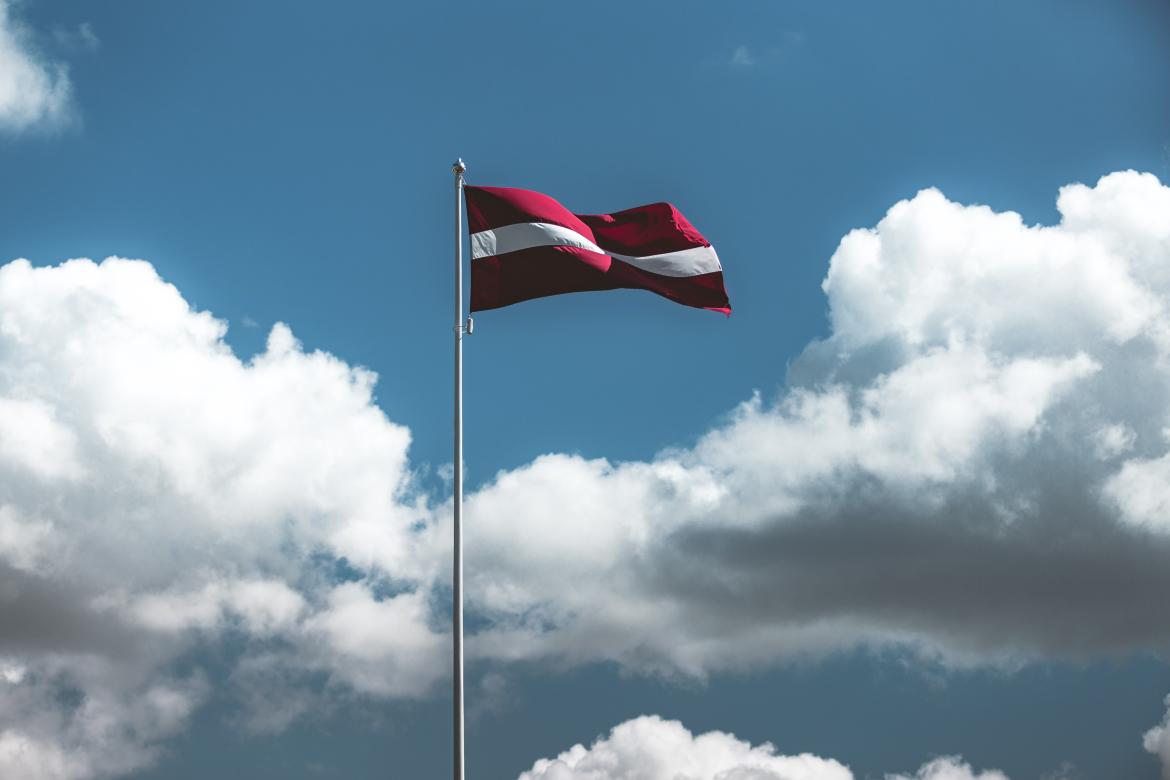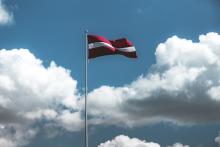Local knowledge and heritage
The humanities and arts generate unique local knowledge about national and regional research themes, thereby strengthening Europe’s cultural diversity. The local knowledge of Latvian researchers (often in close cooperation with their Estonians peers) allows them to speak with global scientific expertise on topics such as Baltic or intra-European postcolonialism, folklore studies, Baltic German studies, and Baltic comparative literature.
In almost all branches of the arts and humanities, important historical research is undergoing a shift towards a broader conceptual framework – heritage studies. In this way, research helps construct, preserve, and make use of both tangible and intangible cultural heritage. Sectors such as tourism, design, or architecture draw new resources from the past, while the wider public is given new opportunities for participation. The new research objects defined within heritage studies are contextualised locally and internationally. Similarly, the theoretical turn towards heritage opens up possibilities for exploring the unprecedented multivocality of the past, empowering studies in fields like social memory, queer theory, everyday life, and personal histories.
In general, post-Soviet and post-socialist studies are now becoming popular, ranging from studying totalitarianism and Soviet economic history, to reflecting on post-socialist identity transformations. Latvian researchers’ expertise in such studies is not only due to their direct access to the data and its context, but often also due to their personal experience. One can say that Latvia was a test site of the grand experiment of socialism, and as such can provide historical answers to more than a few questions concerning today and the future.

